(CLO) After firing the Finance Minister and ending the ruling coalition, German Chancellor Olaf Scholz has given a possible timeline for an early federal election.
On the very day Republican candidate Donald Trump won the White House in the US presidential election, Germany's ruling coalition completely disintegrated.
Chancellor Olaf Scholz, of the centre-left Social Democratic Party (SPD), dismissed Free Democratic Party (FDP) leader Christian Lindner as finance minister late on 6 November, triggering a political crisis. He proposed a no-confidence vote in January.
Two of the three remaining FDP ministers in the federal government have decided to follow their party leader and resign. Meanwhile, Transport Minister Volker Wissing said he would remain in his post and leave the FDP.
With that, the coalition agreement between the Social Democrats, the Greens and the Free Democrats is officially broken. A new roadmap is now taking shape, showing how Germany can find a stable government again.
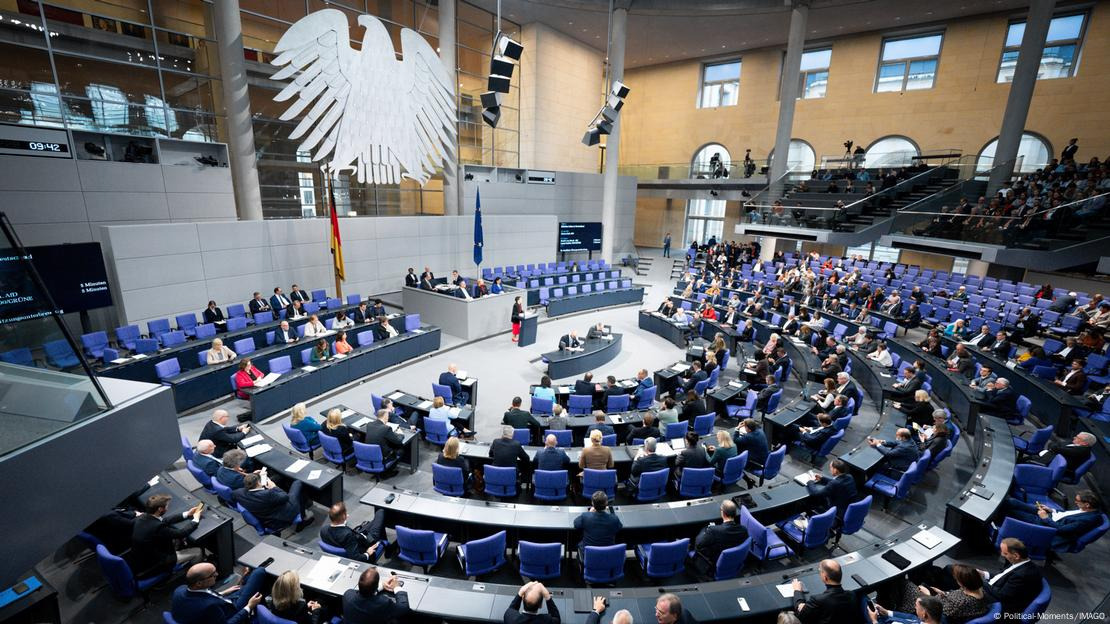
The controversial electoral reform law passed earlier this year will shrink the Bundestag from its current 733 seats to 630. Photo: IMAGO
Complete urgent work
In the coming weeks, the two remaining coalition partners, the SPD and the Greens, plan to continue running a minority government and finish the unfinished business. Mr Scholz has mentioned passing a pension package, legislation on a new EU asylum framework and a major aid package to shore up Germany’s faltering economy.
It is unclear how Mr Scholz will be able to find a majority in the Bundestag (the lower house of the German parliament) to pass his budget. The chancellor has announced planned talks with Friedrich Merz, head of the centre-right Christian Democratic Union (CDU). Mr Merz also leads the largest opposition group in the Bundestag, which includes the CDU and the Christian Social Union (CSU).
However, some opposition lawmakers want the election to happen sooner rather than wait until January. Mr Merz has asked Mr Scholz to hold a no-confidence vote immediately, as a condition for his cooperation in pushing the remaining urgent issues through parliament.
Step 1: Vote of no confidence
Mr Scholz hopes to hold a no-confidence vote after the Bundestag reconvenes in the new year. Under the German constitution, the chancellor must introduce a motion that requires Bundestag members to declare their support. The constitution allows for 48 hours of consultation before parliament makes a decision. According to Mr Scholz's timeline, that would mean the vote would be held on January 15.
If a majority of the Bundestag does not back the Chancellor, it would open the way for a snap election. It would be only the sixth time in German history that a Chancellor has called on the Bundestag to show her support.
Step 2: Dissolve the National Assembly
If only a minority of the Bundestag expresses support for the Chancellor, she must propose that the Federal President, currently Frank-Walter Steinmeier, dissolve parliament. If the head of state also sees no viable prospects for a stable government in the current circumstances, she has 21 days to dissolve parliament and pave the way for early elections.
On November 7, Mr Steinmeier said he was prepared to do so. Germany's Basic Law stipulates that a new election must be held within 60 days of the dissolution of parliament.
Step 3: Early voting
If events continue to unfold on the timeline Mr Scholz wants, Germans will elect a new parliament in March. If President Steinmeier dismisses the Bundestag on the same day as the no-confidence vote, the latest possible date for an election would be March 16.
The parties had been expecting to hold a regularly scheduled general election on September 28, 2025. Now, they will have to scramble to nominate their leading candidates and create state party lists.
It will be the first election held after a recent electoral law reform that will limit the number of members of the upcoming Bundestag to 630, down from 733.
Step 4: A new government
The latest polls suggest that Germany's next parliament will have a very different composition, with the recently expelled FDP not expected to win the 5% of the vote needed to remain in parliament. Most polls predict a grand coalition between the CDU/CSU and the SPD is likely.
After the 2021 election, it took 71 days for the parties to form a new government, and it would not be surprising if the next government also took weeks to come to a consensus.
Ngoc Anh (according to DW)
Source: https://www.congluan.vn/nuoc-duc-se-lam-gi-sau-khi-lien-minh-cam-quyen-tan-ra-post320525.html


![[Photo] Overcoming all difficulties, speeding up construction progress of Hoa Binh Hydropower Plant Expansion Project](https://vstatic.vietnam.vn/vietnam/resource/IMAGE/2025/4/12/bff04b551e98484c84d74c8faa3526e0)



![[Photo] Closing of the 11th Conference of the 13th Central Committee of the Communist Party of Vietnam](https://vstatic.vietnam.vn/vietnam/resource/IMAGE/2025/4/12/114b57fe6e9b4814a5ddfacf6dfe5b7f)

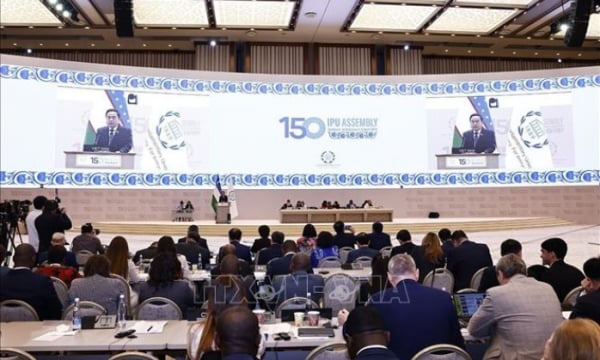

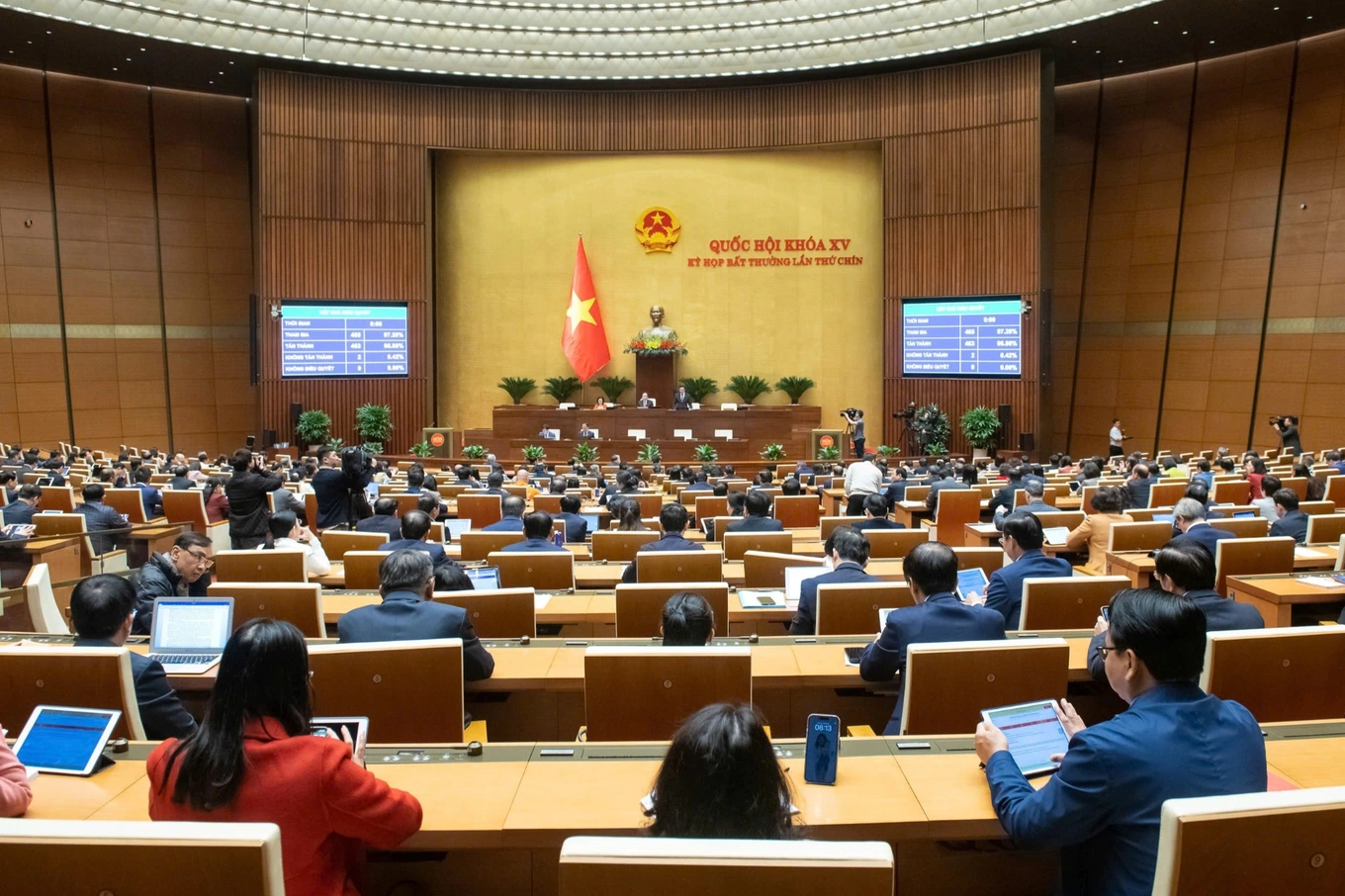

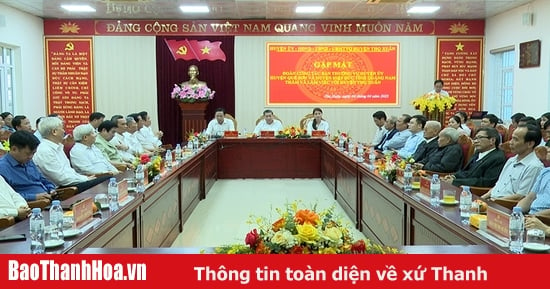





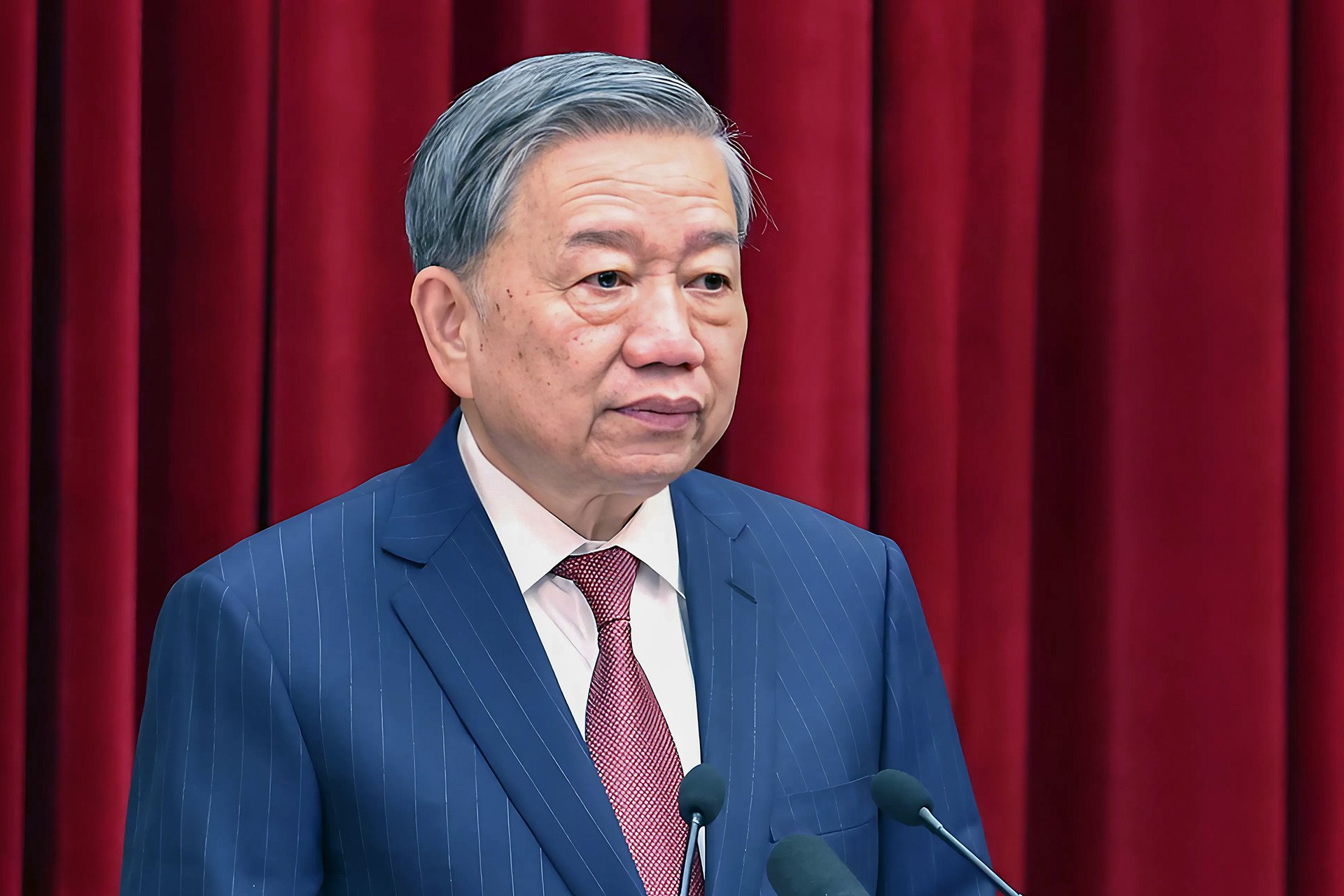

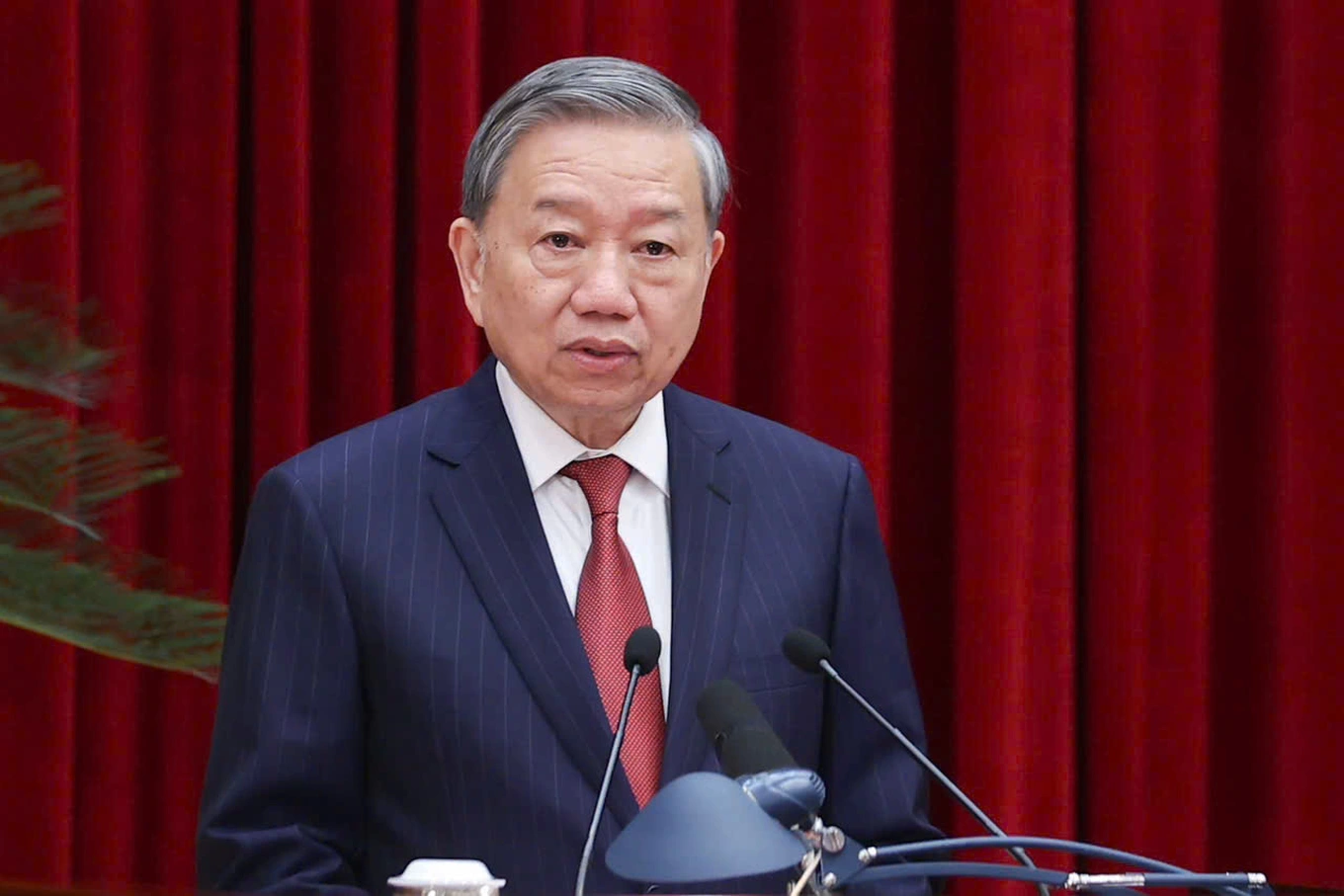











































































Comment (0)